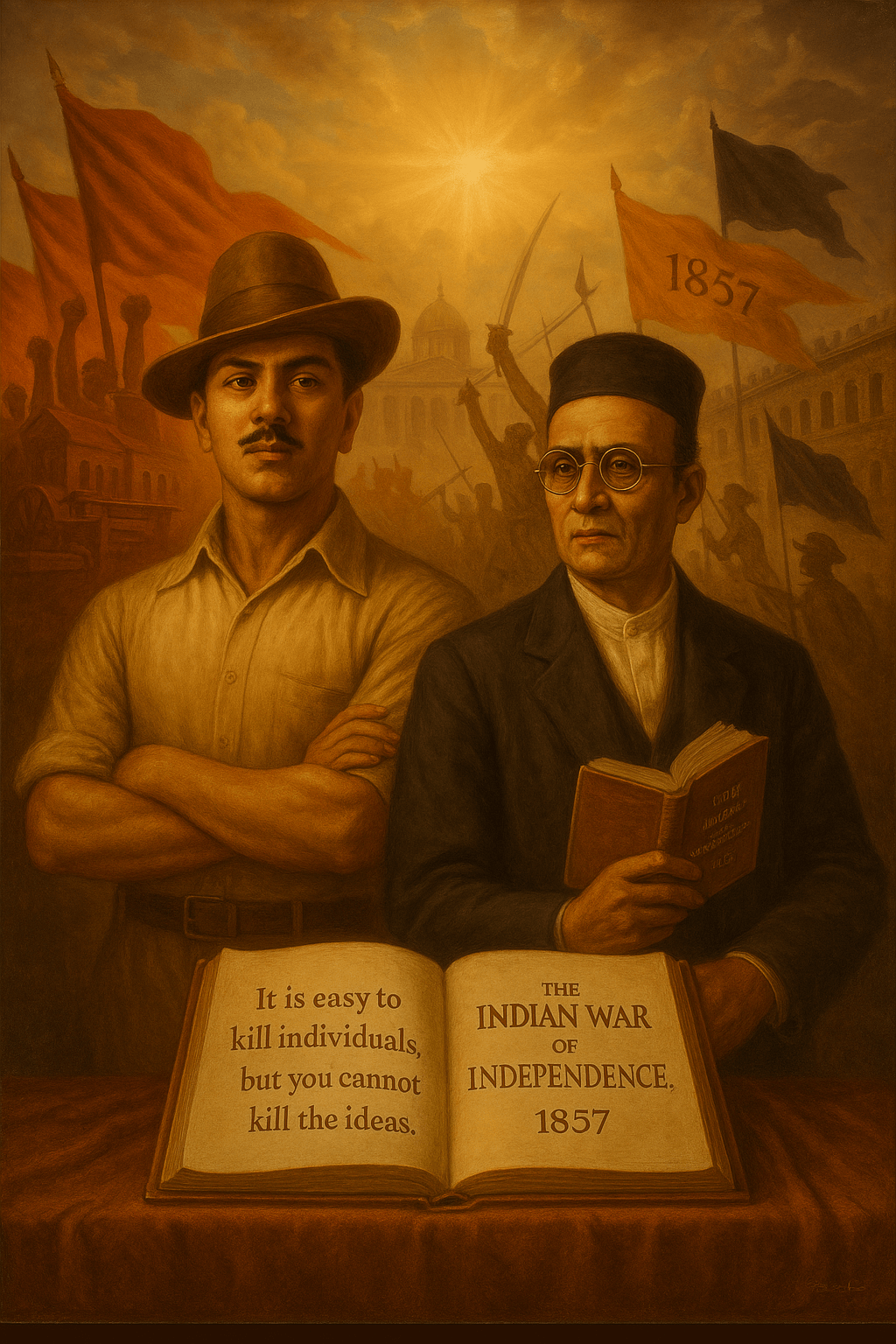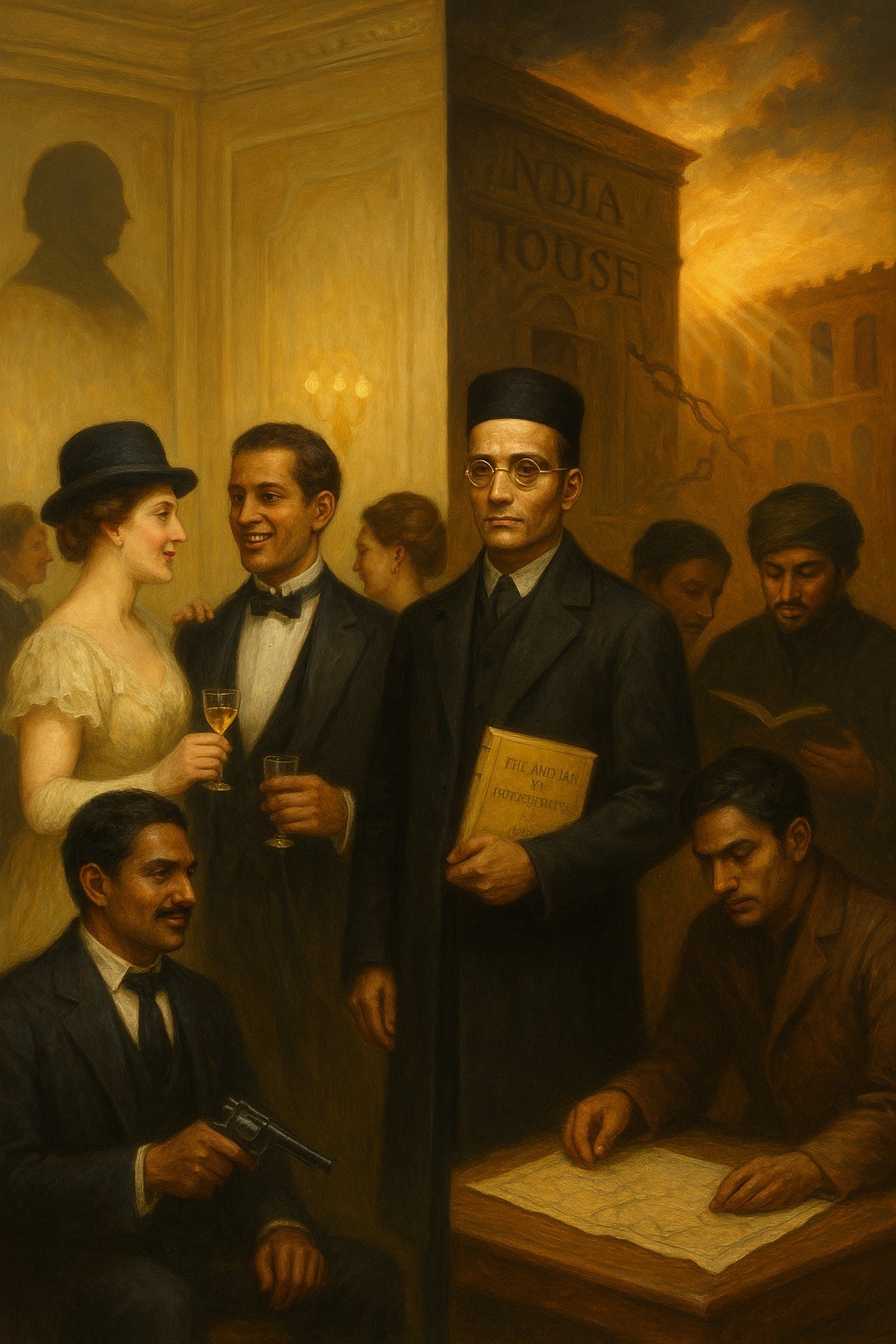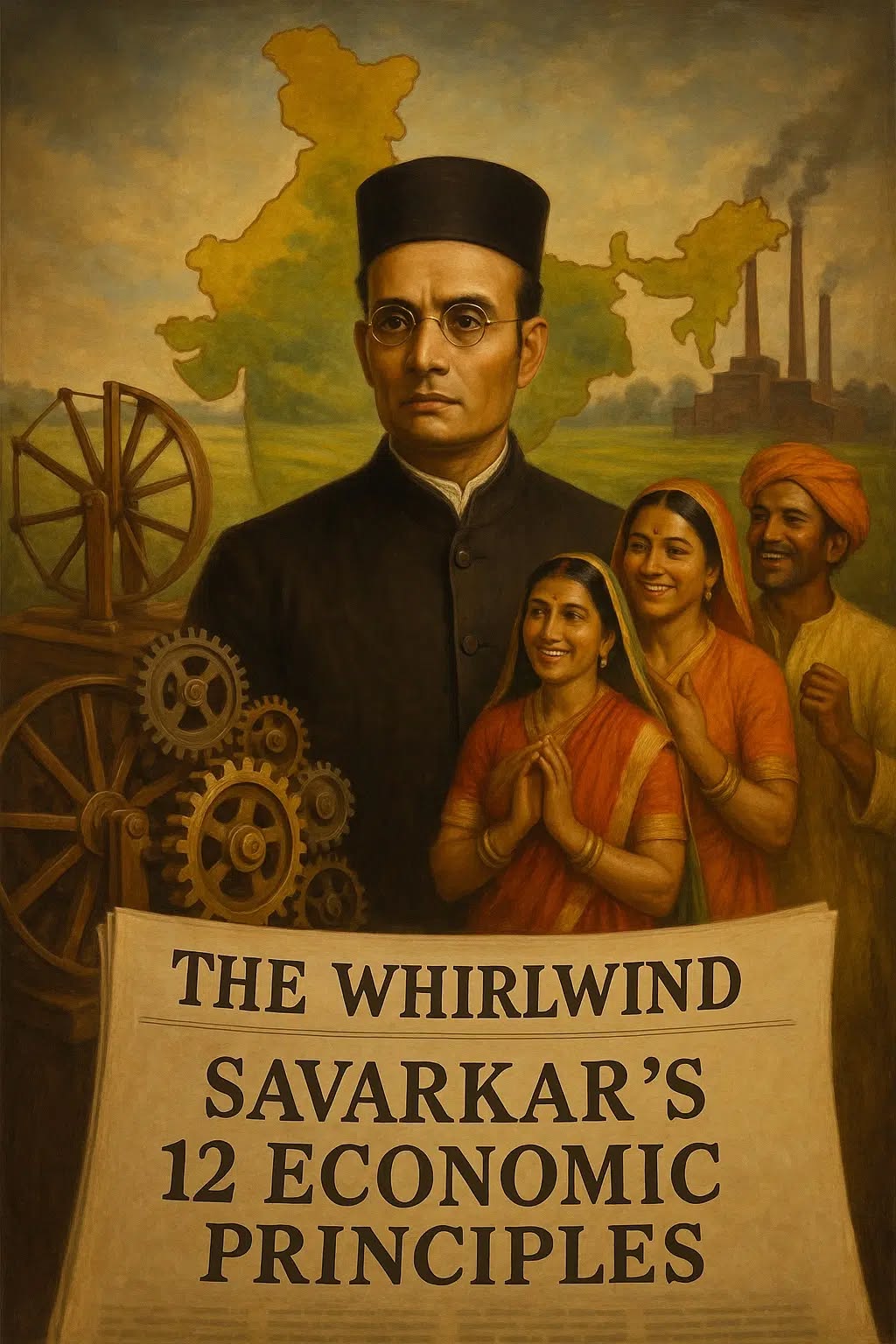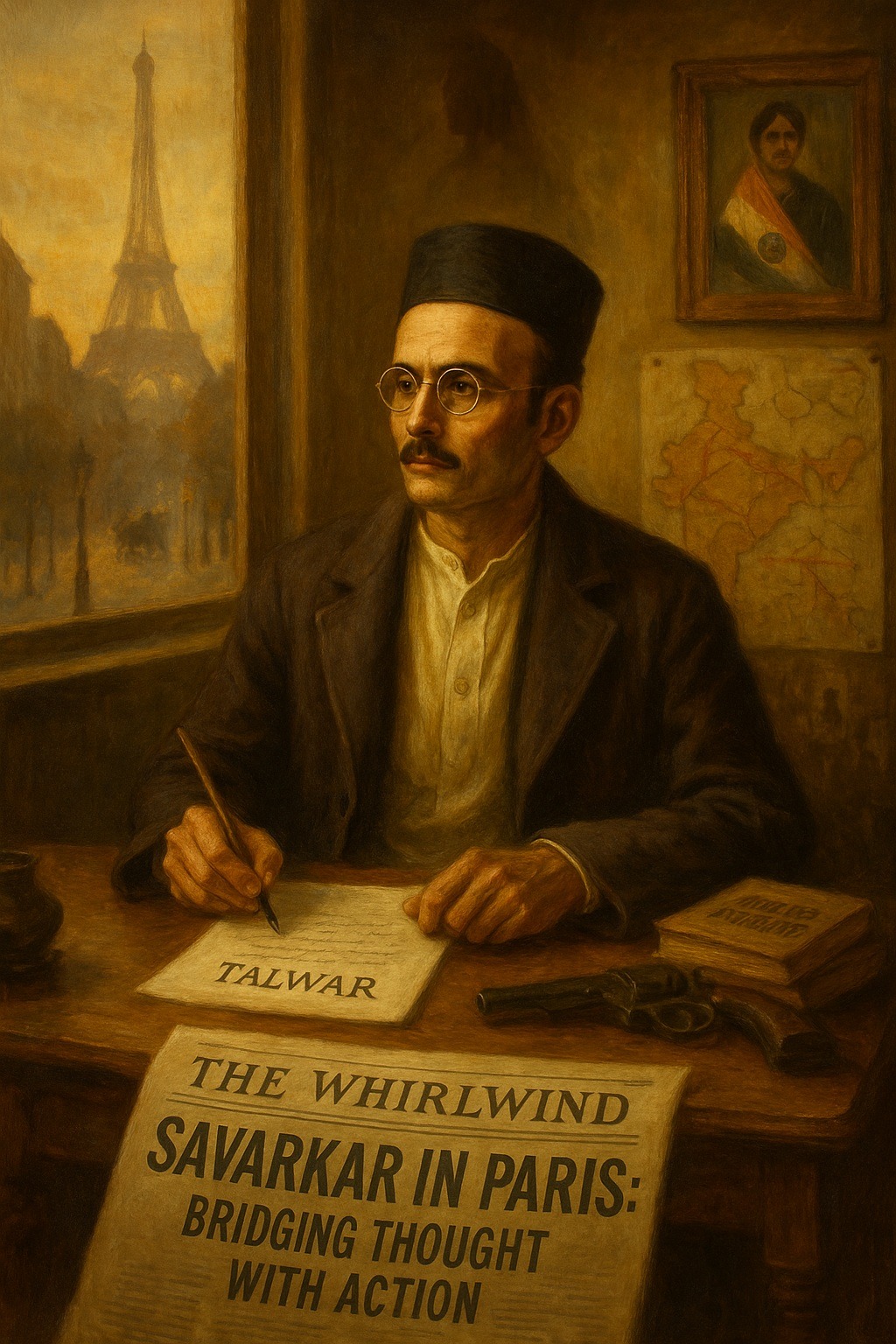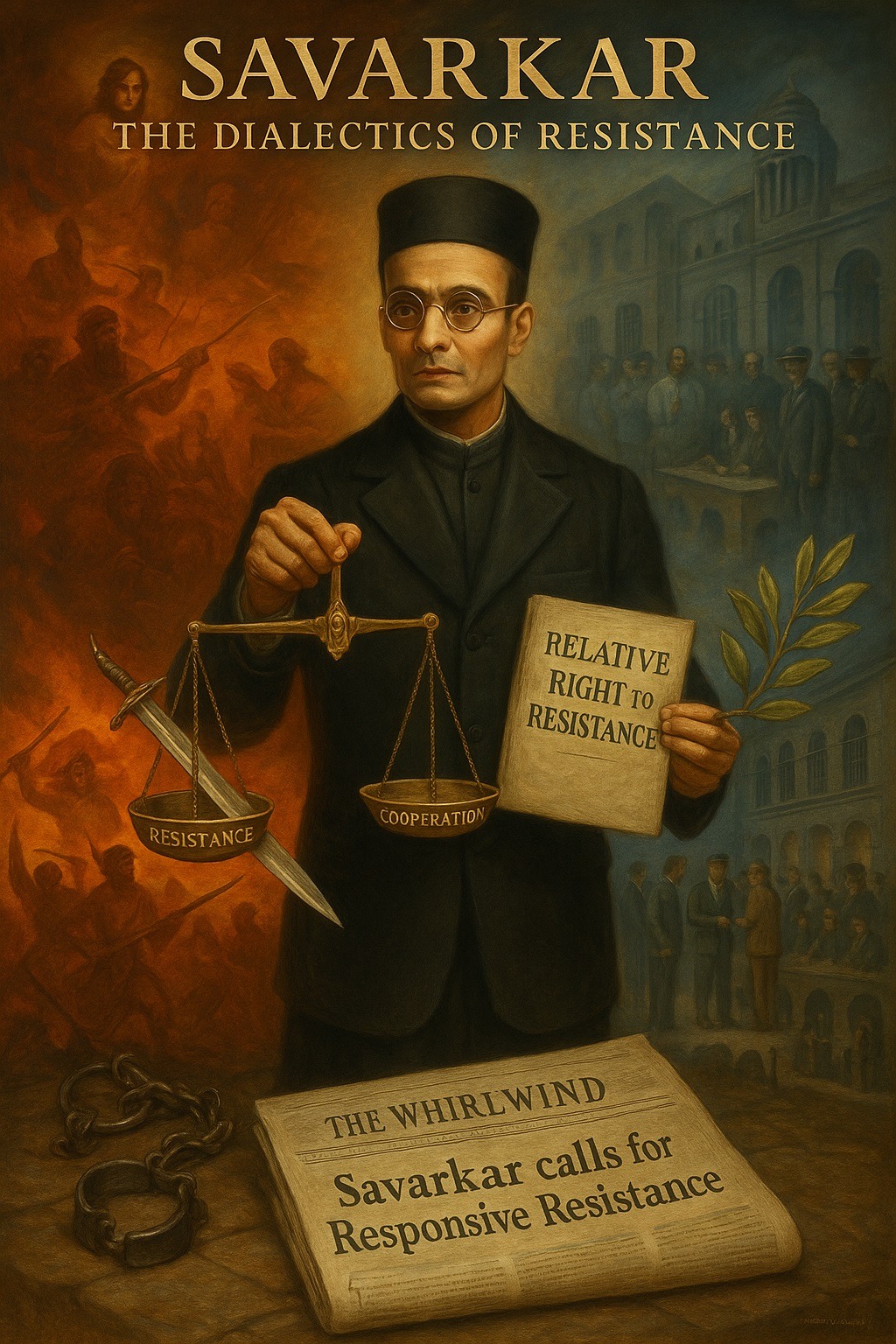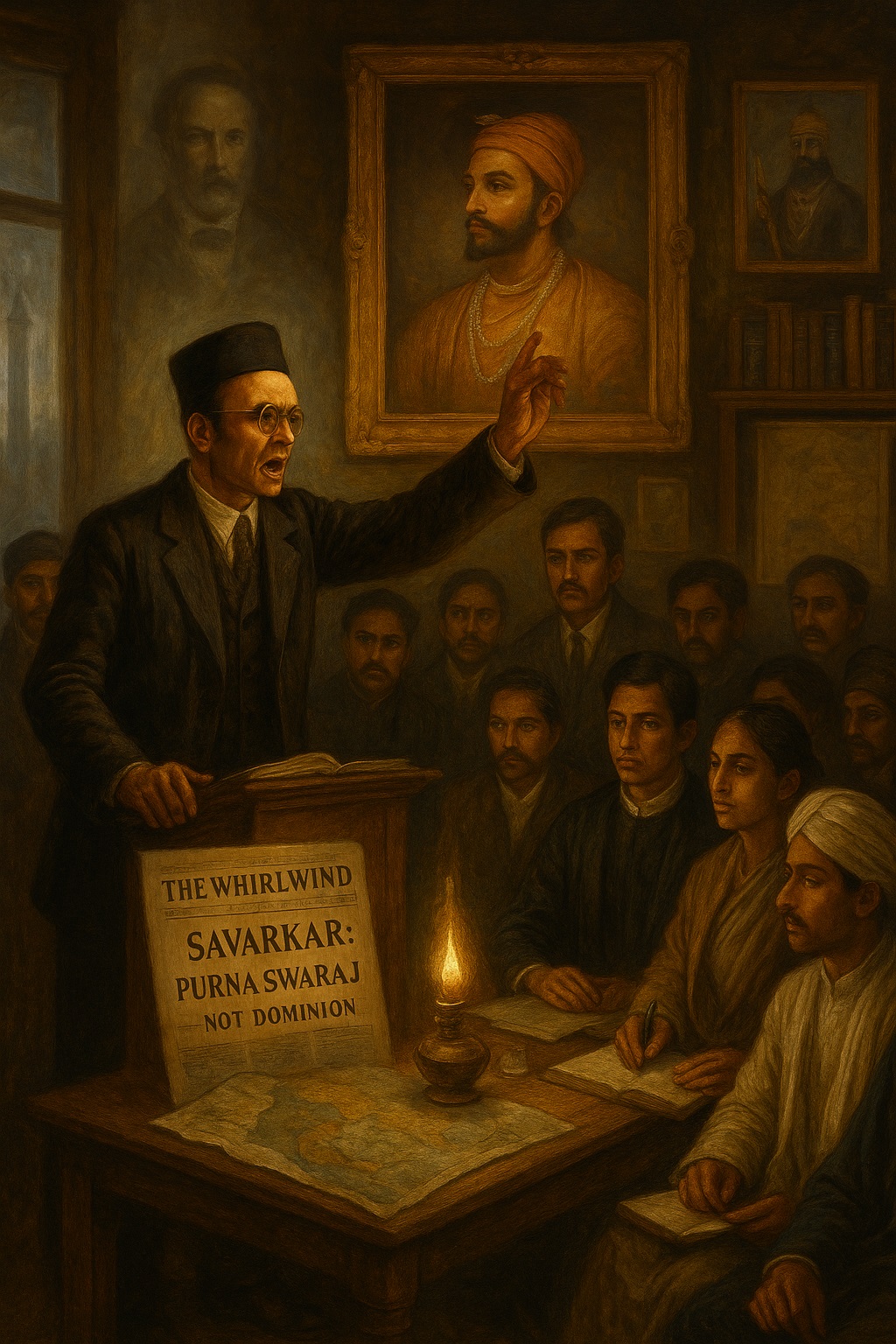Tag: 1857
-
Today marks the birth anniversary (4 November 1845) of Vasudev Balwant Phadke, one of the pioneering figures who inaugurated the revolutionary era during British rule in India. Phadke raised a fighting force of about three hundred determined young men and waged a campaign of resistance against the colonial occupiers. At the heart of his struggle…
-
In the historiography of India’s struggle for independence, references typically focus on imprisonment, exile, or capital punishment as instruments of colonial repression. Less frequently noted, however, is the annulment of academic qualifications as a form of political sanction. The case of Vinayak Damodar (Veer) Savarkar (1883–1966) stands out in this regard: he became the first…
-
Among the circle of revolutionary young men who gathered around Vinayak Damodar (Veer) Savarkar at India House in London, one name shines with both tragedy and inspiration – Madan Lal Dhingra (1883–1909). His short life, ending at the gallows in Pentonville Prison, was deeply intertwined with Savarkar’s mentorship, ideas, and revolutionary vision. From Apolitical Student…
-
Vinayak Damodar (Veer) Savarkar’s time in Paris (1909–1910) marked a decisive chapter in his revolutionary journey. It was a period of exile, reflection, and renewed determination, shaped by both personal hardship and the escalating storm of the Indian independence struggle. A Period of Strain and Loss The latter part of 1909 was fraught with turmoil…
-
Political Dimension of Hindutva, Part 6 The Concept of “Responsive Resistance” Vinayak Damodar Savarkar was deeply influenced by the idea of “Responsive Resistance,” a term coined by Bal Gangadhar Tilak. This concept proposed that Indian cooperation with British colonial rule should be directly proportional to the level of political reforms granted by the British. More…


